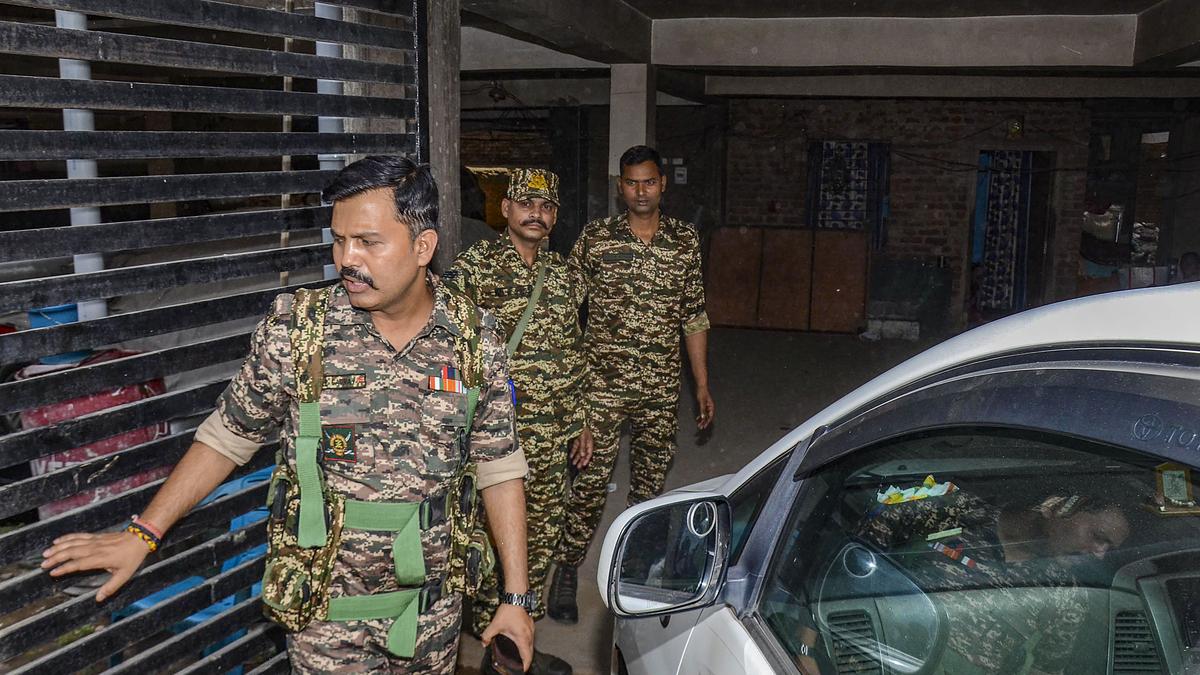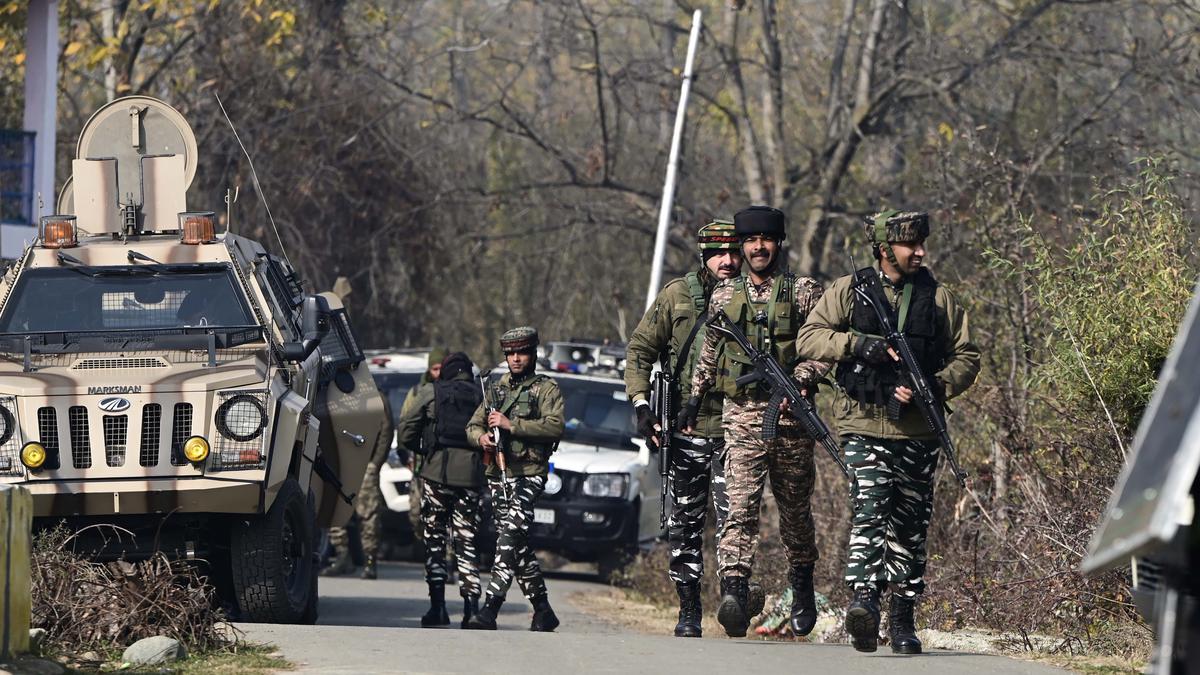Post-delimitation, changes in shape and demography and the Citizenship (Amendment) Act (CAA) are expected to impact the outcome in five of the 14 Lok Sabha constituencies of Assam going to the polls in the second phase on April 26.
Bengali Hindus and Muslims, both indigenous and migrant, are a majority in three of these constituencies – southern Assam’s Karimganj and Silchar, and central Assam’s Nagaon. They are a deciding factor in central Assam’s Darrang-Udalguri along with tea plantation workers. Their presence in central Assam’s Diphu, one of the two seats reserved for the Scheduled Tribes in the State, is restricted to some urban centres. Hindus and Muslims share the Bengali-dominated Barak Valley comprising Cachar, Hailakandi and Karimganj districts of southern Assam almost equally.

Earlier reserved for Scheduled Castes (SCs), Karimganj is now a general category seat while the hitherto unreserved Silchar has been reserved for the SCs. This has opened a window for Muslims, who constitute more than 60% of Karimganj’s population, to contest the seat for the first time.
The CAA, whose rules were framed ahead of the announcement of the election, has been a talking point in the Barak Valley with the BJP defending the legislation as a necessity for persecuted minorities in neighbouring countries and the rivals slamming the BJP as having taken the Hindu Bengalis for a ride with a “nothing” Act.

The Darrang-Udalguri constituency, formerly Mangaldoi, also did not change much with the Bengali voters accounting for more than 45%, the Muslims among them comprising almost 40%.
Mangaldoi had a special significance in Assam’s political history. The detection of 72% alleged non-citizens among some 36,000 voters during the revision of electoral rolls after the death of Janata Dal MP Hiralal Patowary in March 1979 led to the violent Assam Agitation (1979-85).
Delimitation impacted the Nagaon constituency the most. Four Muslim-dominated Assembly segments were shifted from Kaliabor, renamed Kaziranga, and added to it while three others were hived off from Nagaon to Kaziranga. As a result, Nagaon now has about 58% mostly Bengali Muslim voters compared to 53% earlier, although the old figures do not give an accurate picture. The number of Bengali-speaking voters surpasses 65% if the Hindus are considered.
In 2019, the BJP won four of these five seats – Autonomous District (now Diphu), Karimganj, Mangaldoi (Darrang-Udalguri), and Silchar – while Pradyut Bordoloi of Congress wrested Nagaon. Mr. Bordoloi, fielded by the Congress again, hopes to retain the seat but the party is wary of his All India United Democratic Front (AIUDF) rival Aminul Islam, a local MLA.
Despite the dominance of Muslim voters, the BJP won the Nagaon seat four times in a row from 1999. This was attributed to the division of Muslim votes between Congress and minority-based parties until the AIUDF’s decision not to contest the seat in 2019 helped Congress stop the BJP run.

“The BJP may benefit from the confusion among the Muslims, although many Hindus, including the Assamese, are not happy with the party fielding Suresh Borah, a former extremist and Congress leader,” Kandarpa Das, a political analyst in Nagaon town said. Rupak Sarmah, the BJP candidate in 2019 and an MLA now, lost to Mr. Bordoloi by a little more than 1% votes.
In the other four seats, the BJP retained Kripanath Mallah in Karimganj and Dilip Saikia in Darrang-Udalguri but replaced the incumbents with State Transport Minister Parimal Suklabaidya in Silchar and Amarsing Tisso in Diphu.
An advantage for Mr. Tisso is that the two tribal councils straddling the once communist-controlled Diphu Lok Sabha seat – Karbi Anglong Autonomous Council and North Cachar Hills Autonomous Council – are controlled by the BJP. Mr Saikia is believed to have a similar support base as almost half his constituency is in the Bodoland Territorial Region where the BJP is a constituent of the ruling coalition.
The Barak Valley duo of Mr Suklabaidya and Mr Mallah is likely to have it tougher. But a factor that could work in their favour is the possible division of “anti-BJP” votes between Congress and Trinamool Congress in Silchar and Congress and AIUDF in Karimganj.

Karimganj also has 18 independents out of 24 candidates in the fray, 14 of whom are Muslims.
In Silchar, Congress has fielded Surya Kanta Sarkar while Trinamool has bet on Radheshyam Biswas, a former MP who represented the AIUDF in Karimganj from 2014-2019. The Congress and AIUDF candidates in Karimganj are senior advocate Hafiz Rashid Ahmed Choudhury and Sahabul Islam Choudhury respectively.
The fate of 61 candidates – five each of BJP and Congress, two of AIUDF, and one of TMC – will be decided in the second phase.

 2 weeks ago
110
2 weeks ago
110



